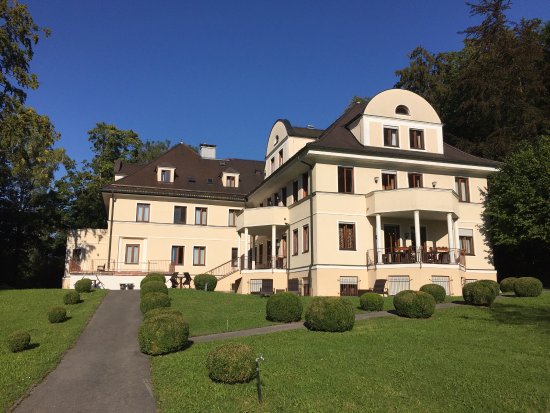es of that era. It is considered by many academics to have been the birthplace of the Renaissance, becoming a major artistic, cultural, commercial, political, economic and financial center. During this time, Florence rose to a position of enormous influence in Italy, Europe, and beyond. Its turbulent political history includes periods of rule by the powerful Medici family and numerous religious and republican revolutions. From 1865 to 1871 the city served as the capital of the Kingdom of Italy (established in 1861). The Florentine dialect forms the base of Standard Italian and it became the language of culture throughout Italy due to the prestige of the masterpieces by Dante Alighieri, Petrarch, Giovanni Boccaccio, Niccolò Machiavelli and Francesco Guicciardini.
Florence
Florence is a city in Central-Northern Italy and the capital city of the Tuscany region. It is the most populated city in Tuscany, with 383,084 inhabitants in 2013, and over 1,520,000 in its metropolitan area.Florence was a centre of medieval European trade and finance and one of the wealthiest citi...read more
Plan your trip to Florence
Experience the best tours, attractions & activities you won’t want to miss.
Enjoy up to 50% on hotels and restaurants in Florence
Experience the best tours, attractions & activities you won’t want to miss.



